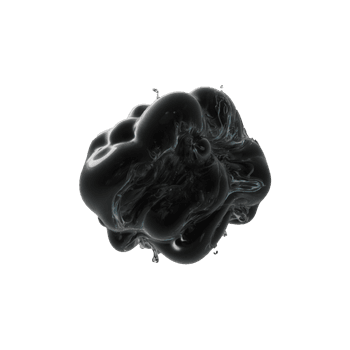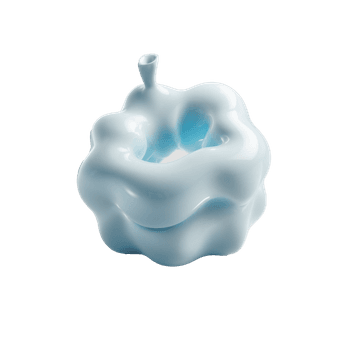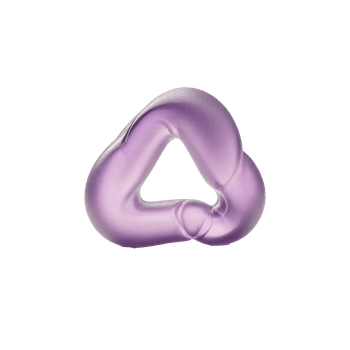Which hormones and markers are relevant to measure when evaluating sexual desire?
If you are experiencing decreased sex drive and are considering measuring your hormone levels or other markers, it is best to consult a doctor or hormone specialist to discuss your symptoms and receive proper guidance. They can help you decide which specific tests are appropriate for your situation. Here are some of the hormones and markers that may be relevant to consider when evaluating sexual desire.
- Testosterone – this is the main male sex hormone and affects sexual desire in both men and women. Low levels of testosterone can lead to decreased libido.
- Estrogen and progesterone – these are the primary female sex hormones and affect women's sexual desire. Low levels of estrogen can reduce vaginal moisture and sexual response.
- Prolactin – this is a hormone known primarily to stimulate breast milk production in lactating women. High levels of prolactin can reduce sexual desire.
- Thyroid hormones – T3 and T4 are thyroid hormones that affect metabolism and can indirectly affect sexual desire if they are out of balance. This is due, among other things, to the fact that the metabolism affects the blood flow, which is the key to both erection, clitoris and vaginal arousal.
- Cortisol – this is the primary stress hormone and long-term stress can affect the hormonal balance and thus also sexual desire.
- Vitamins and minerals – Vitamin D, zinc and magnesium are vitamins and minerals that play a role in sexual health and desire.
- Blood sugar and insulin – imbalances in blood sugar levels and insulin can affect hormone regulation and thus affect sexual desire. When blood sugar levels rise above normal values, it can affect the desire of both men and women. In women, this phenomenon can lead to the vagina becoming dry, which increases the risk of infections and fungal attacks. With long-term diabetes and poor blood sugar control, nerves and blood vessels in the body can be damaged, which in turn affects blood flow and sensation in our genitals.
Remember that hormonal levels can vary depending on the time of the menstrual cycle (for women) and lifestyle factors. Therefore, it is best to take the samples at appropriate times and interpret the results with the help of a qualified doctor or hormone specialist. They can also assess other factors such as stress, relationships and psychological aspects that can affect sexual desire and offer a comprehensive evaluation and treatment plan if needed.





























